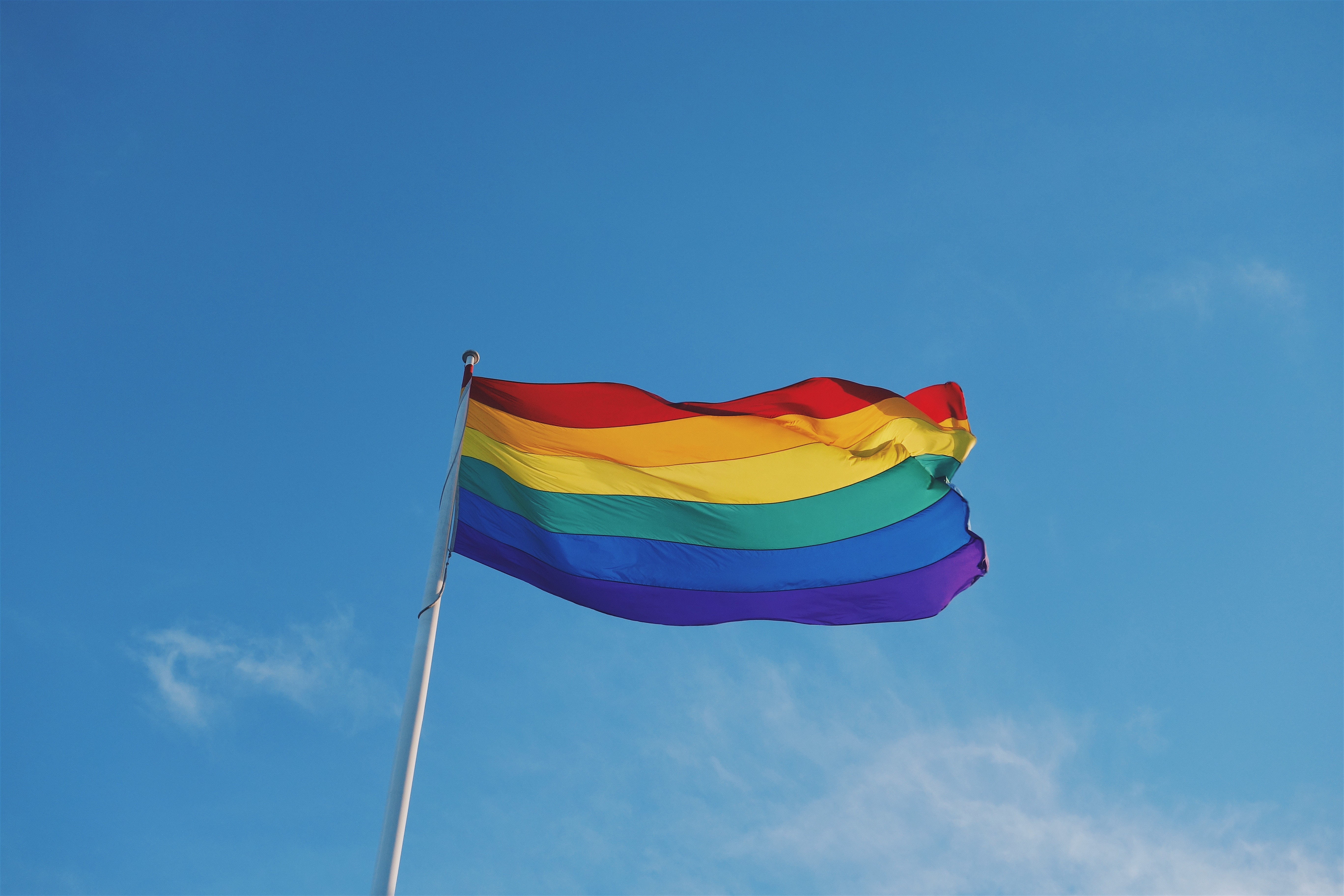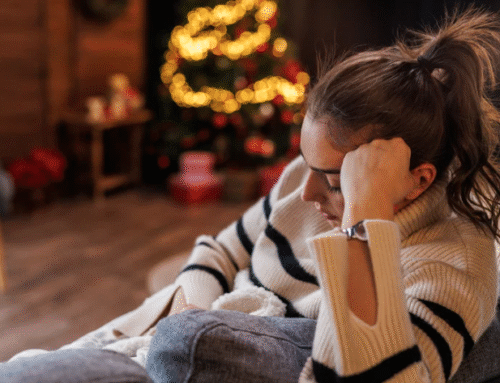Sydney’s Mardi Gras is only a few days away, and the city is awash with rainbows and glitter. This is a special time of year when we get to participate in this joyous and spectacular celebration of LGBT+ pride. So it is in anticipation of this much loved event that we’re thinking more specifically of our gay and lesbian clients and couples, and the issues they face.
Same sex couples, like all couples, deserve to receive effective, tailored, and research-based therapy to strengthen their relationship and emotional bond. Going to couples therapy can feel daunting, and like all couples, gay and lesbian partners need to feel that their therapist is respectful, empathic and non-judgmental.
While all significant relationships share many similar features, there are some unique aspects to same sex relationships. Same sex couples face unique barriers that are likely to require strength and resilience, including social and cultural stresses and prejudice.
Strengths of same sex couples
The work of Drs John and Julie Gottman, renowned couples therapists and researchers, has contributed greatly to our knowledge base of the strengths of same sex relationships, and what makes them succeed or fail. Their research has demonstrated that:
- All couples, gay or straight, experience the same problems and the same paths to staying happy together.
- Overall relationship quality and satisfaction tends to be the same across all couple types.
- Strengths like humour and the ability to calm down during an argument are especially important in the success of same sex couples.
- Compared to straight couples, gay and lesbian couples use more affection and humour when they bring up a disagreement, and partners tend to be more positive in response to this.
- Same sex couples, in comparison to straight couples, are more likely to remain positive after a disagreement, which is important for repair.
- Same sex couples use less controlling and hostile emotional tactics, which may reflect a greater degree of fairness and equality in these relationships.
- In arguments, lesbian couples tend to be more emotionally expressive, both positively and negatively, than gay men.
- When it comes to repairing after a disagreement, gay men find this more difficult than lesbian or straight couples if the initiator of the disagreement becomes too negative.
Potential challenges in same sex relationships
Same sex couples may face additional challenges to straight couples in navigating life’s challenges as a strongly bonded couple. These include but are not limited to:
- Managing differences in approaching coming out and acceptance of sexual identity.
- Coping with prejudice and others negative attitudes towards the relationships, which is especially challenging when it leads to conflict with family members or other important people.
- Negotiating monogamy and a degree of openness in the relationship (both physical and emotional) that both partners are comfortable with.
- Clarifying and establishing boundaries with each other, around issues such as the differences between a friendship and a couple relationship, negotiating living arrangements, and maintaining a friendship after separation.
- Negotiating roles around areas like housework or parenting without the traditional gender role expectations.
- Coping with parenting when there is a non-biological parent.
- Managing sexual problems (e.g. mis-matched libido/desire).
Building a loving and strong bond with your same sex partner
While we don’t currently offer couples therapy at MyLife Psychologists, our psychologists are sensitive to the issues faced by same sex couples and we’re committed to providing effective and respectful care to our LGBTQ+ clients. If you are experiencing relationship difficulties and you would like support with this in the context of individual therapy, please contact us.
Written by Tal Schlosser, Clinical Psychologist






